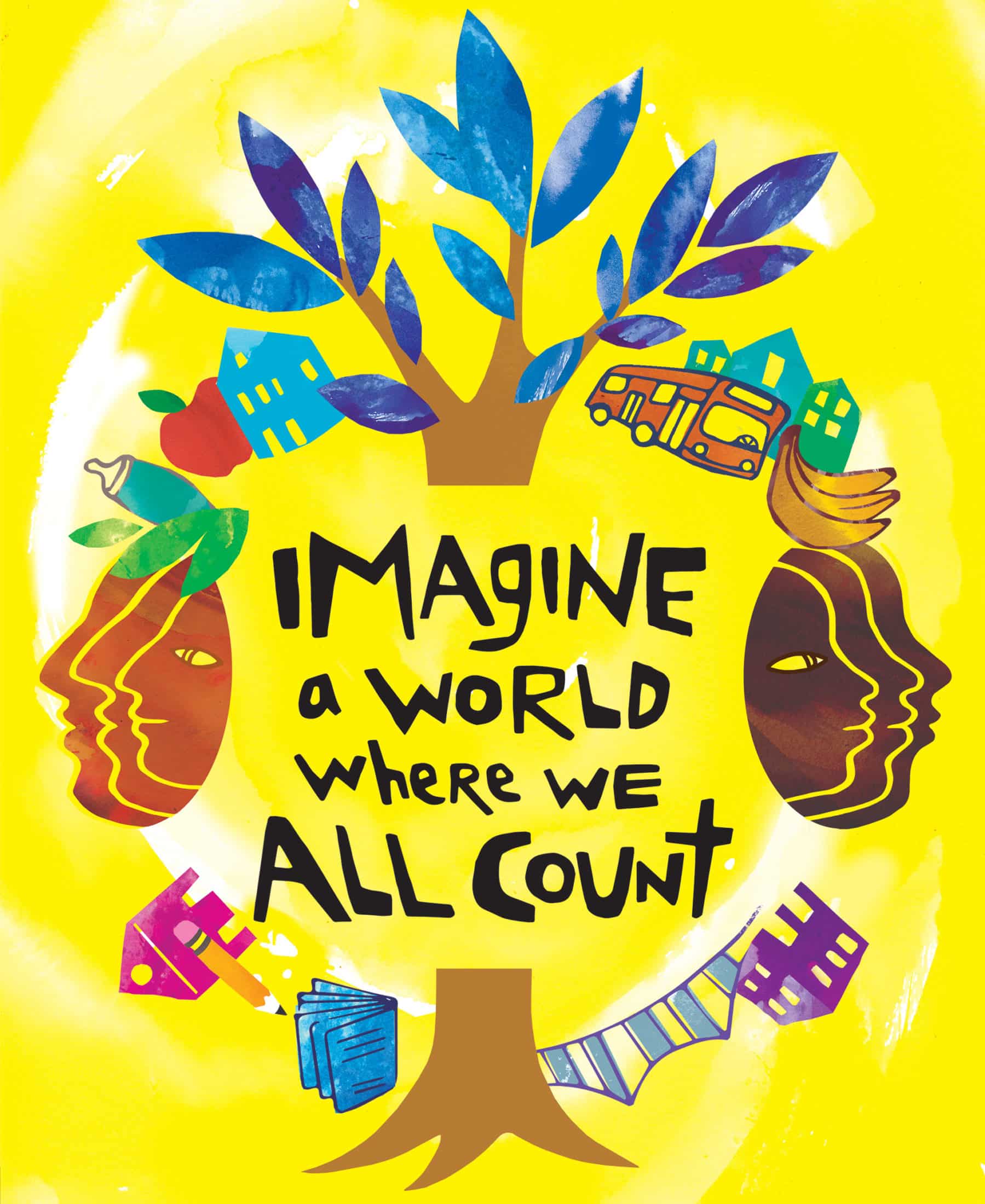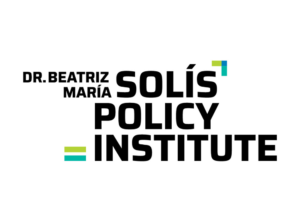
Art by Micah Bazant for the fabulous crew at Forward Together
We are in that brief moment of time in Sacramento when the beautiful and bold bills our Solís Policy Institute State fellows championed for over a year now sit on the Governor’s desk awaiting his final signature to turn them into law. We couldn’t be prouder that all five of our fellow’s bills made it this far. It’s a powerful testament to their vision, tenacity, and organizing prowess.
This also means that we are in the season when some of the bills are being vetoed. Last week, Governor Newsom vetoed AB2320 the bill our tireless SPI State Reproductive Justice team advanced to bring more reproductive health services to California’s community health clinics and serve those most in need.
What Our Reproductive Justice SPI State Team Says About the Veto
Here is their response to the veto:
We are disappointed that Governor Newsom vetoed AB 2320 (C. García), the only bill in the 2022 Reproductive Health package committed to improving health equity and outcomes in community health centers that provide reproductive healthcare services.
With this veto, California missed an opportunity to center equity in our response to the overturn of Roe v. Wade, and it is people of color and LGBTQ+ people who will be most impacted. California cannot be a “Reproductive Freedom State” without enacting policies that center equity across the spectrum of reproductive healthcare.
Governor Newsom’s $200M reproductive health package stops short of centering patients who are most vulnerable when seeking reproductive healthcare services: patients who are Black, Latine, Indigenous, LGBTQ+, immigrants, undocumented, and low-income. Without AB 2320, Governor Newsom’s reproductive health package does not appear to strengthen the continuum of reproductive healthcare that includes, but is not limited to, abortion access.
AB 2320 was a grant program intended to give frontline clinic staff the resources to improve the care and experiences of their patients, specifically Black, Indigenous, and people of color (BIPOC) patients. The project initiatives outlined in AB 2320 were influenced by clinic staff and researchers across California, many of whom expressed concern that reproductive healthcare disparities in local clinics are not being addressed by Medi-Cal or current legislation.
Women of color, LGBTQ+ people, low income people, survivors of domestic violence, immigrants, and people with limited English proficiency face some of the highest risks for complications and negative experiences in nearly every aspect of reproductive healthcare. Most community clinics, especially clinics in rural or other underserved areas, do not have adequate resources to address the complex needs of their patients.
As the most diverse and economically empowered state in the country, California must do better.
Feminist Policy Making is a Continuous Conversation
We couldn’t agree more.
Nearly 20 years of running the Solís Policy Institute has taught us that feminist policy making is a continuous conversation. This veto is a disappointment and a missed opportunity to align California’s policies with it’s values. This year’s legislative cycle may be coming to a close, but the conversation is far from over.
Alongside our SPI fellows and alums, our grant partners, and our ever-expanding Women’s Foundation California community, we will continue the conversation. We will take action, redouble our efforts, and put forward new policies to transform California. We will continue to organize, raise money, and create some good trouble. We are on our way to making this a place where health, safety, and prosperity are not just some dreamy, far off ideas, but part of how each and all of us live and experience community.
